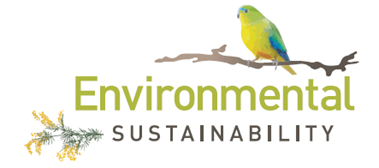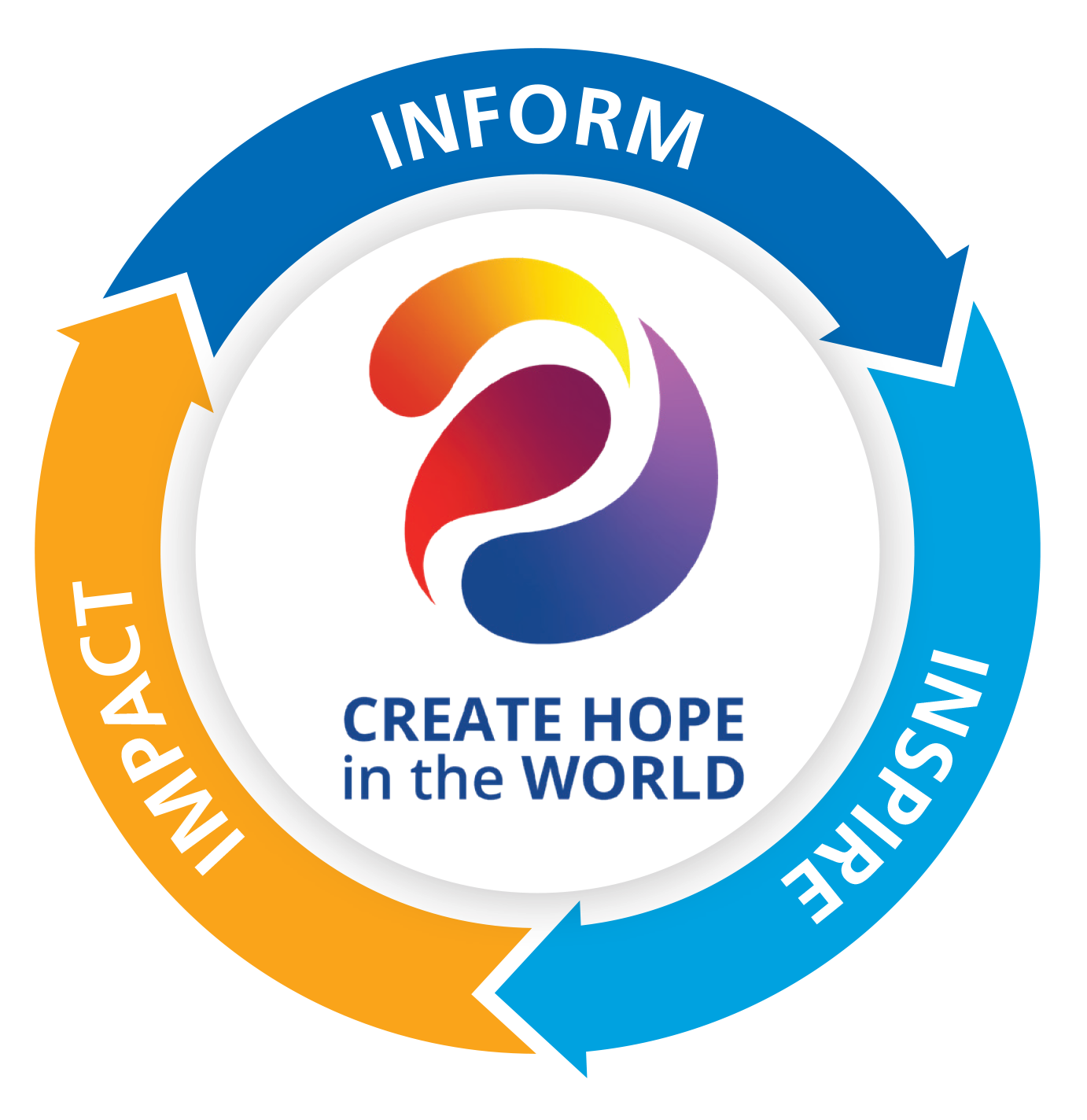 This Committee was formed in early 2019 with the key purpose of developing greater awareness of environmental sustainability solutions to restore ecosystems and contribute to a healthy environment. The committee supports clubs to identify new environmental sustainability projects and/or enhance existing ones.
This Committee was formed in early 2019 with the key purpose of developing greater awareness of environmental sustainability solutions to restore ecosystems and contribute to a healthy environment. The committee supports clubs to identify new environmental sustainability projects and/or enhance existing ones.
[The orange-bellied parrot is on the brink of extinction with only 60 birds in existence.]
With the support of the Environmental Sustainability Rotary Action Group (ESRAG), the Committee has access to a range of resources to assist clubs to achieve successful projects in this area. A World Environment Day Handbook can be downloaded at https://www.esrag.org/esrag-unep-handbook. The handbook includes a selection of 11 green themes for club activities.
Why get involved?
Survey responses from Rotarians, Rotaractors and Alumni members showed the environment is one of the major concerns and in the top 3 causes that members wish to address. (Source: YOUR VISION FOR ROTARY’S FUTURE: A Report of the 2017 Triennial Strategic Planning Survey)
‘… one way that we can listen to younger generations and make existing club membership more appealing to them is to focus more on the environment. Recent disasters — such as the bush fires in Australia — underscore the importance of taking strong action.’
Holger Knaack, Rotary International President 2020-21
In response to this groundswell, ‘Supporting the Environment’ was named as the 7th Area of focus at the recent Rotary International Virtual Convention, and environmental projects will now be eligible for grants in 2021. Announcement details: https://www.esrag.org/new-area-focus-announcement
Clubs that take up environmental programs have compelling pathways to volunteering and new membership, bringing new energy and future leadership, as well as revitalising existing membership and member retention.
How the Committee assists Rotary Clubs
Committee members have competencies in a number of environmental specialist areas. The operating model is to visit clubs, identify their needs and provide appropriate assistance. A register of all environmental sustainability projects in the District is being developed to create a network for clubs to jointly work on projects or replicate similar projects in their local area.
Clubs are encouraged to appoint an Environmental Representative to enable the Committee to have a key contact in each club to distribute regular updates on policy developments and other information on Global Grant criteria etc. Being the 7th Area of Focus, environmental issues will complement other Areas of Focus and provide more opportunities for Global Grant consideration.
Club recognition though District ‘Enviro Awards’ is also being planned based on the level of environment project achieved. Used as part of your marketing message, this acknowledgement has the potential of enhancing a club’s brand and community relevance.
The existing District website Environmental Sustainability tab will provide further details.
Environmental Sustainability Projects
The Committee aims to identify relevant environmental activities in Government, Corporate and NGO communities and seek to align partnerships with Rotary providing clubs with further environmental project opportunities.
One project drawing significant interest globally is ‘Rotarians for Bees’ whose mission is to build awareness of the need to protect and support the declining bee population. For more information see the RFB Facebook or their website https://www.rotariansforbees.org
An important relationship being developed is with the WHEEN organisation (https://www.wheenbeefoundation.org.au/), a registered not-for-profit charity that promotes awareness of the importance of bees for food security, and raises funds for research that addresses the national and global threats to bees.
The Rotary Club of Canterbury in conjunction with WHEEN and ‘Rotarians for Bees’ launched ‘The Waggle Dance’ video initiative, which was featured at the Global World Environment Day Forum Webinar series attracting awareness globally through social media.
Other important relationships are with Nursery & Garden Industry, Victoria (NGIV) and its association with the Victorian Schools Garden Program and Melbourne International Flower and Garden Show. The Nature Conservancy–Living Melbourne/Resilient Melbourne is also a key ally.
Opportunities for partnerships with Rotary clubs are being explored to implement pollinator friendly, environmentally sustainable projects such as community gardens.
Recycling Projects
Rotary Donations in Kind (DIK) is well-known in District 9800 as a volunteer-based recycling facility. The goods it distributes are destined for developing countries and disadvantaged individuals in the local community. They are distributed through Rotary club projects and the wider NGO network.
Rotary clubs can develop relationships with schools and corporates to donate furniture and equipment to DIK, as well as develop an international service project, based on donated goods available through the DIK Store.
Other existing recycling projects include club-managed Rotary Op. Shops that divert household items from landfill. These have the added benefit of supporting the disadvantaged and being an avenue for direct interaction with the community.
Environmental projects align well with the current Rotary theme – Rotary Opens Opportunities. With the announcement of the 7th Area of Focus, clubs have the support of the Committee for inspiration and resources to succeed.
Contact Details
Co- Chairs, Environmental Sustainability Committee
Fabienne Nichola John McCaskill

